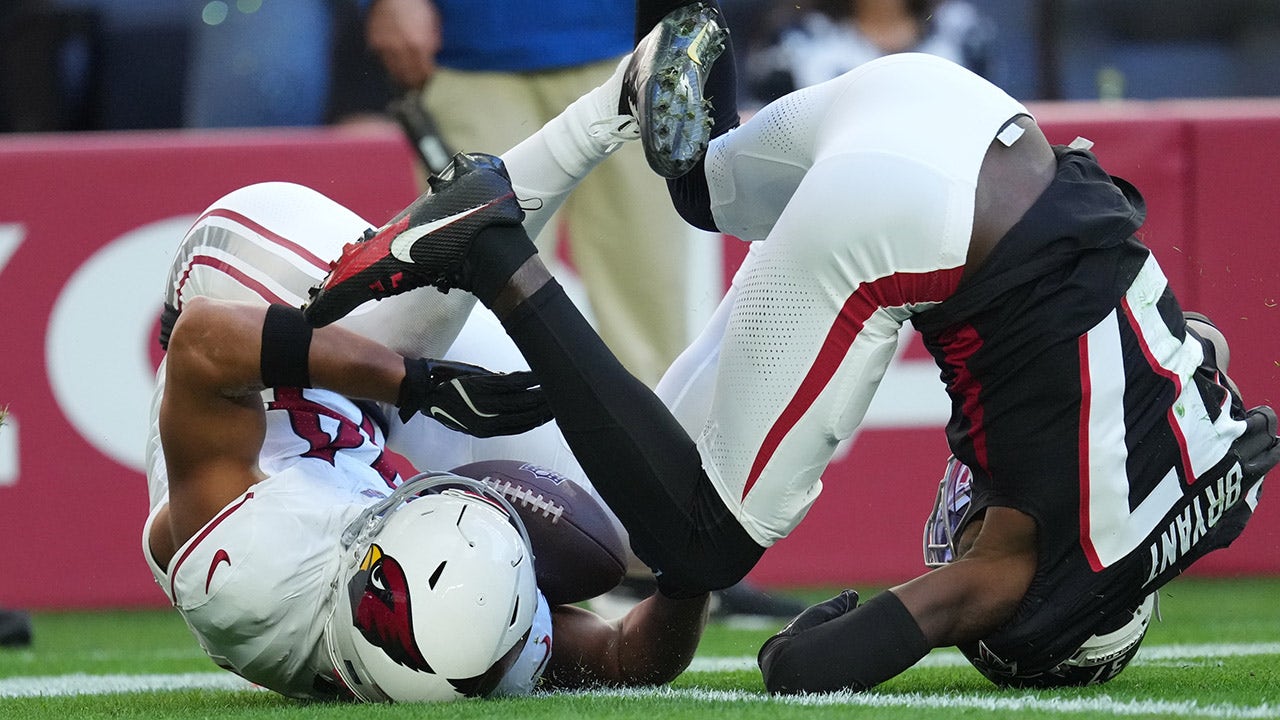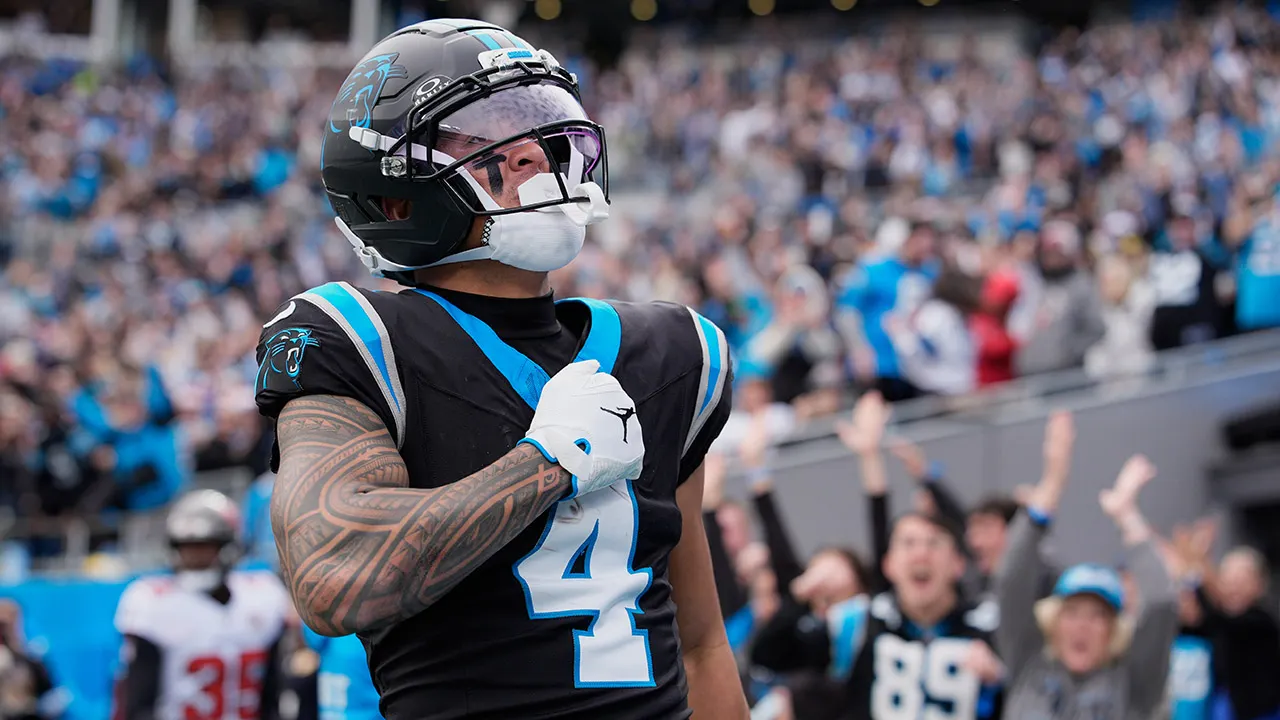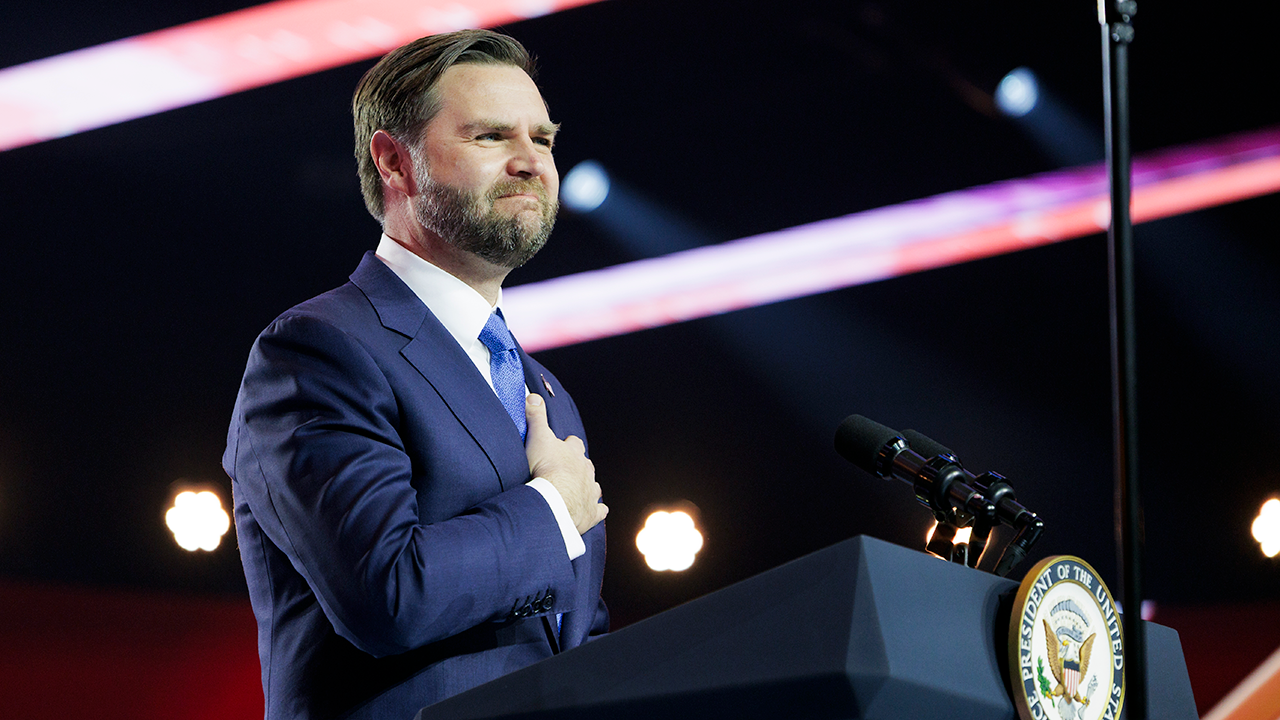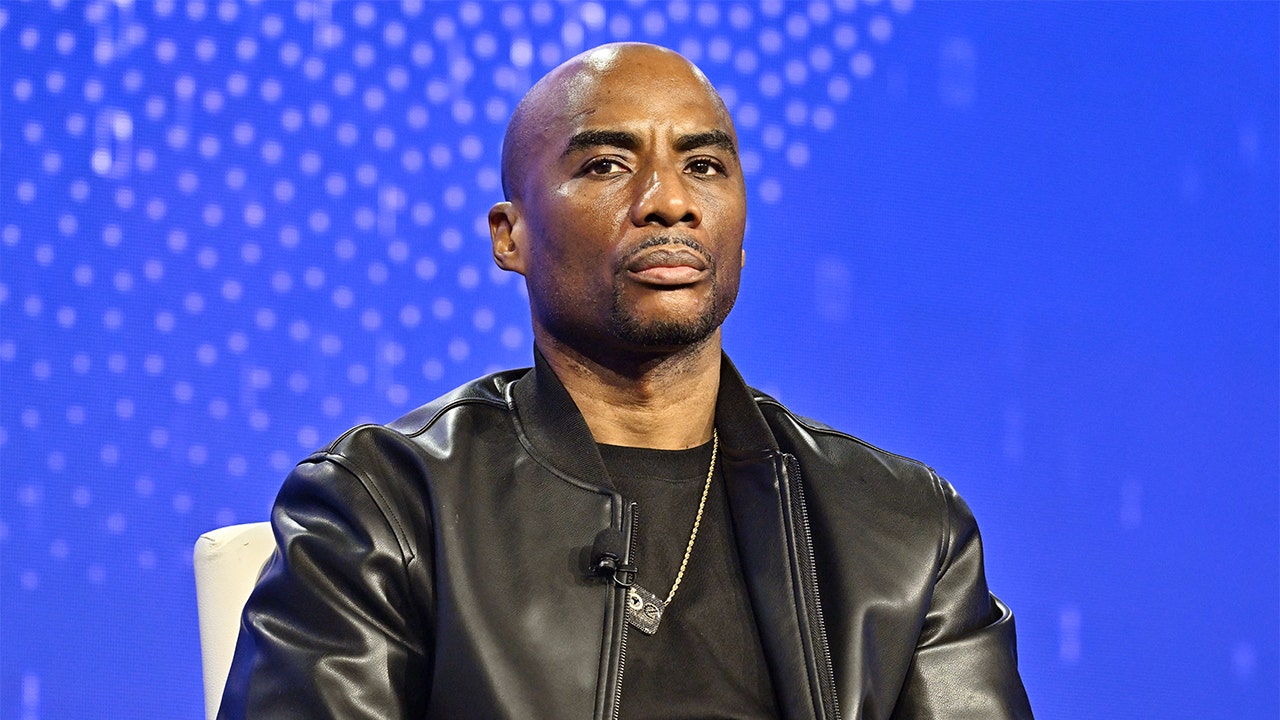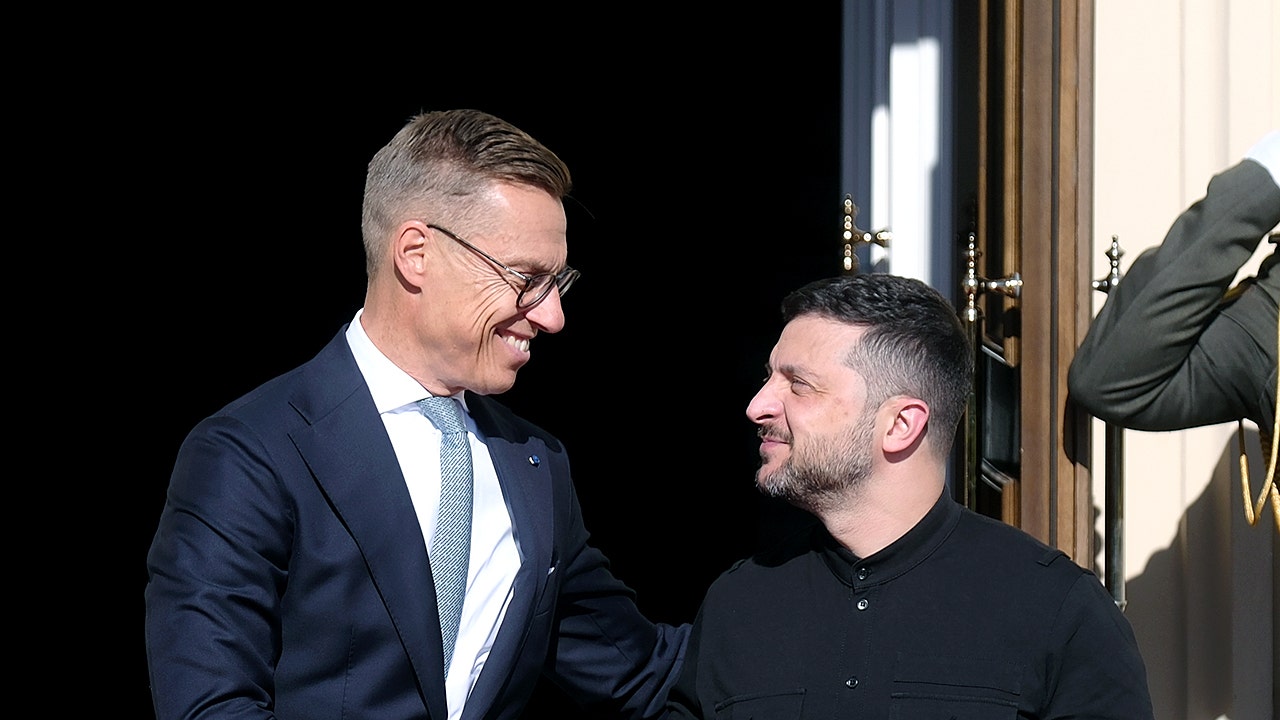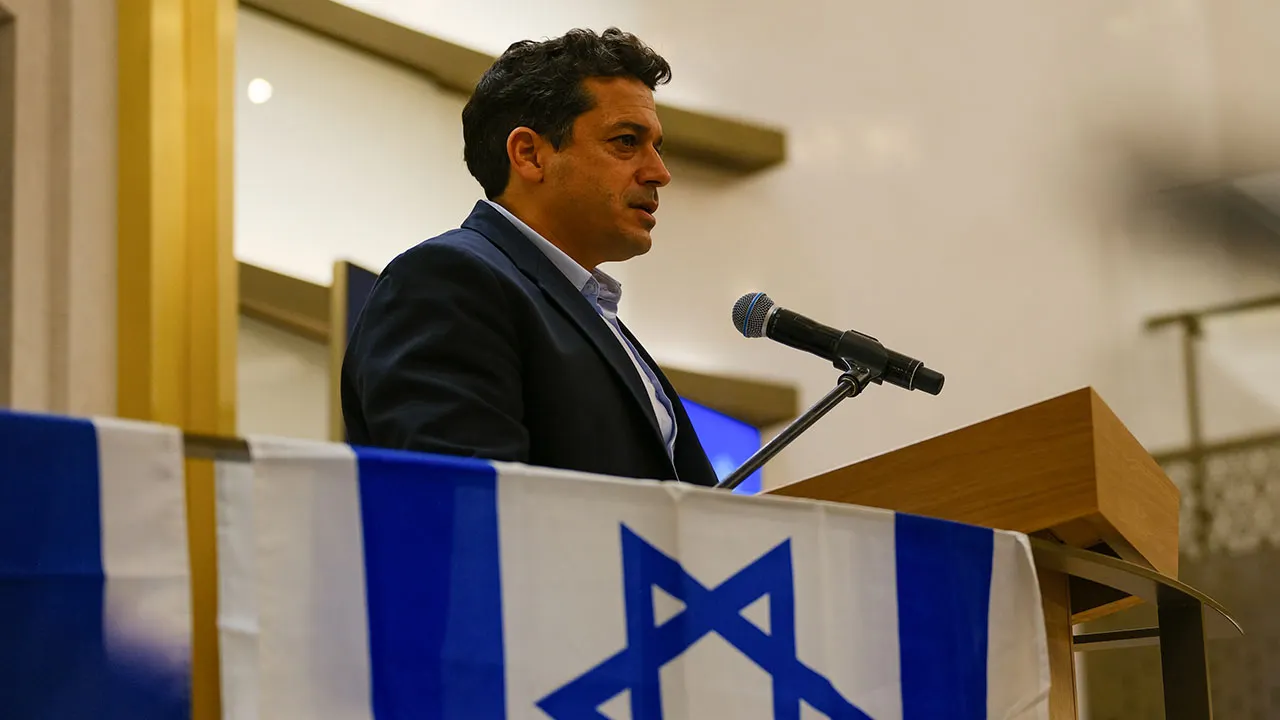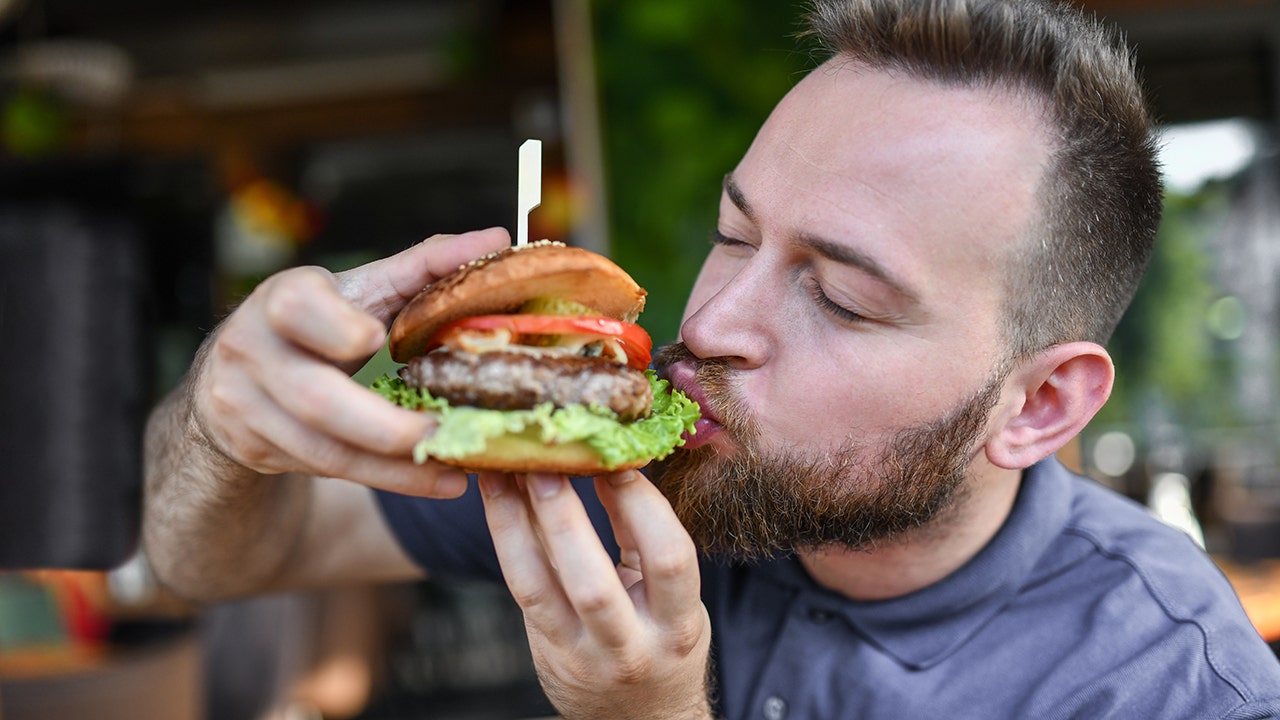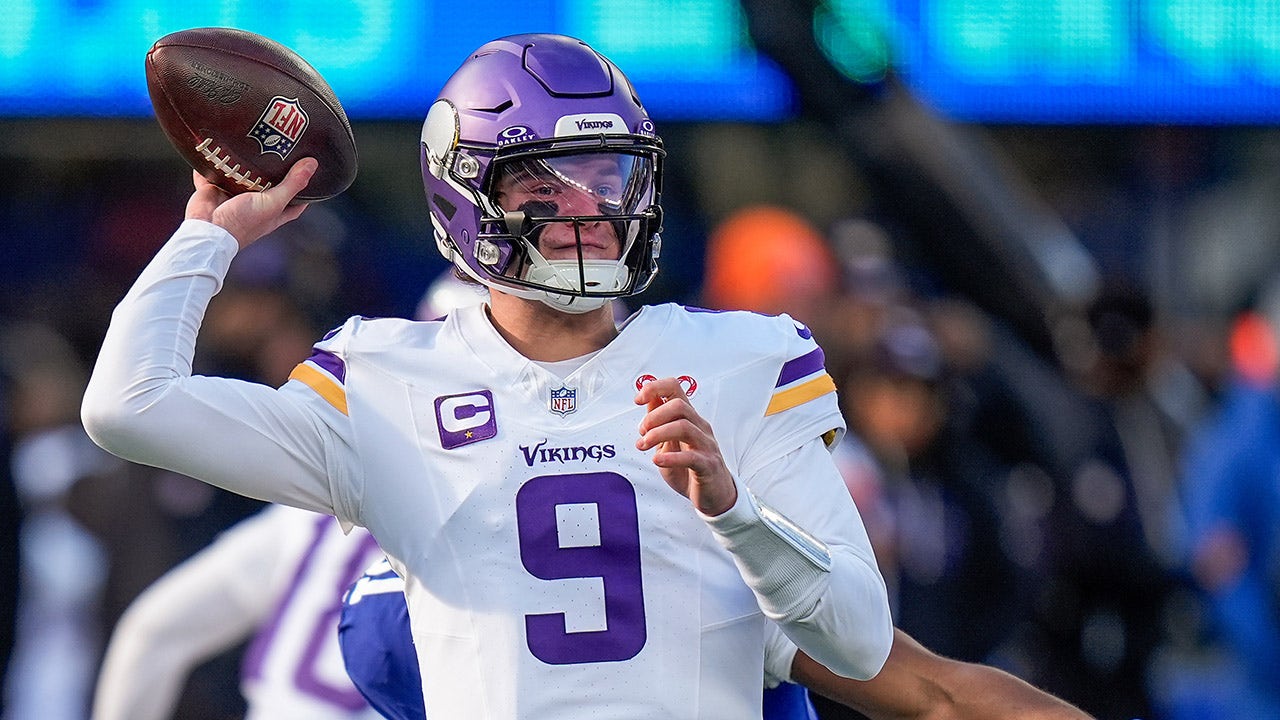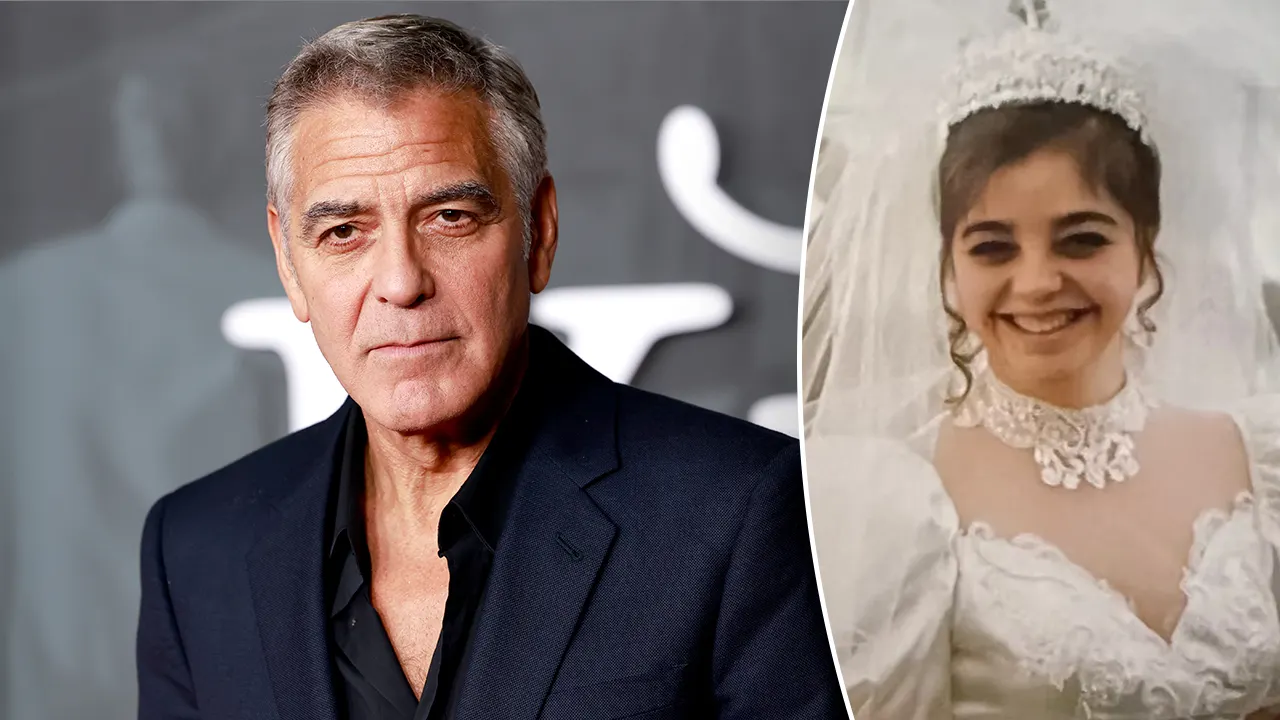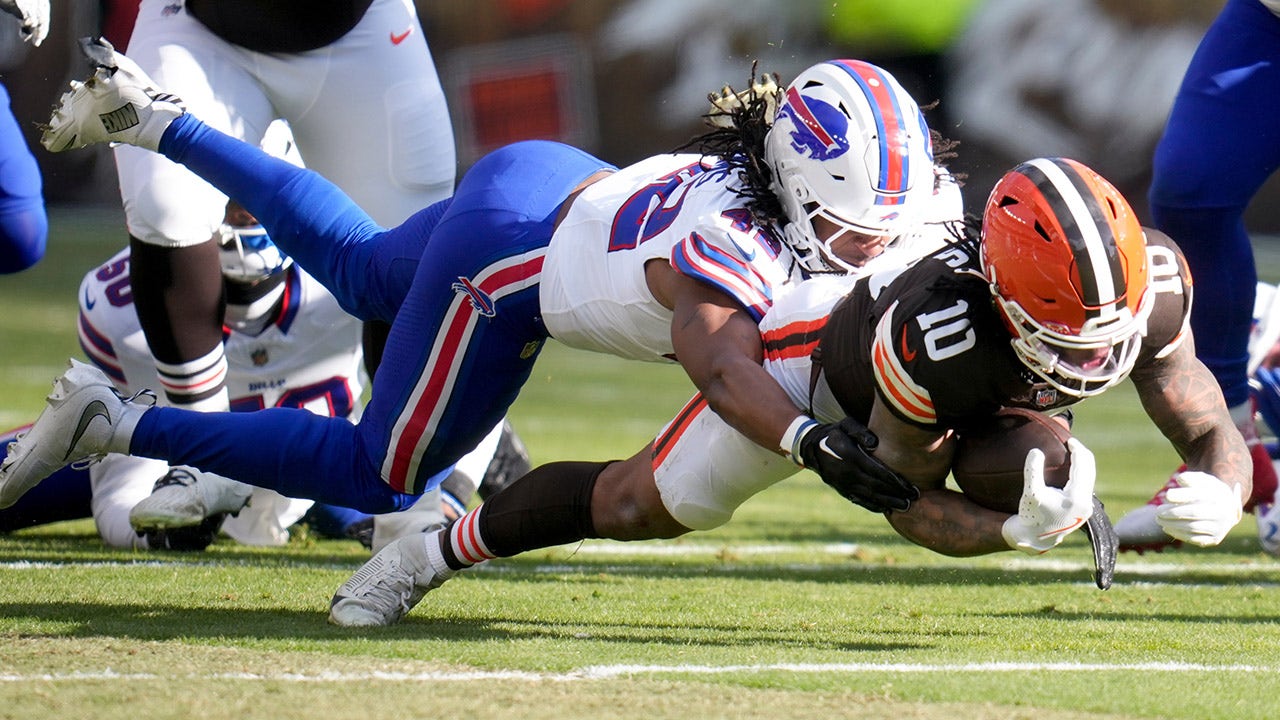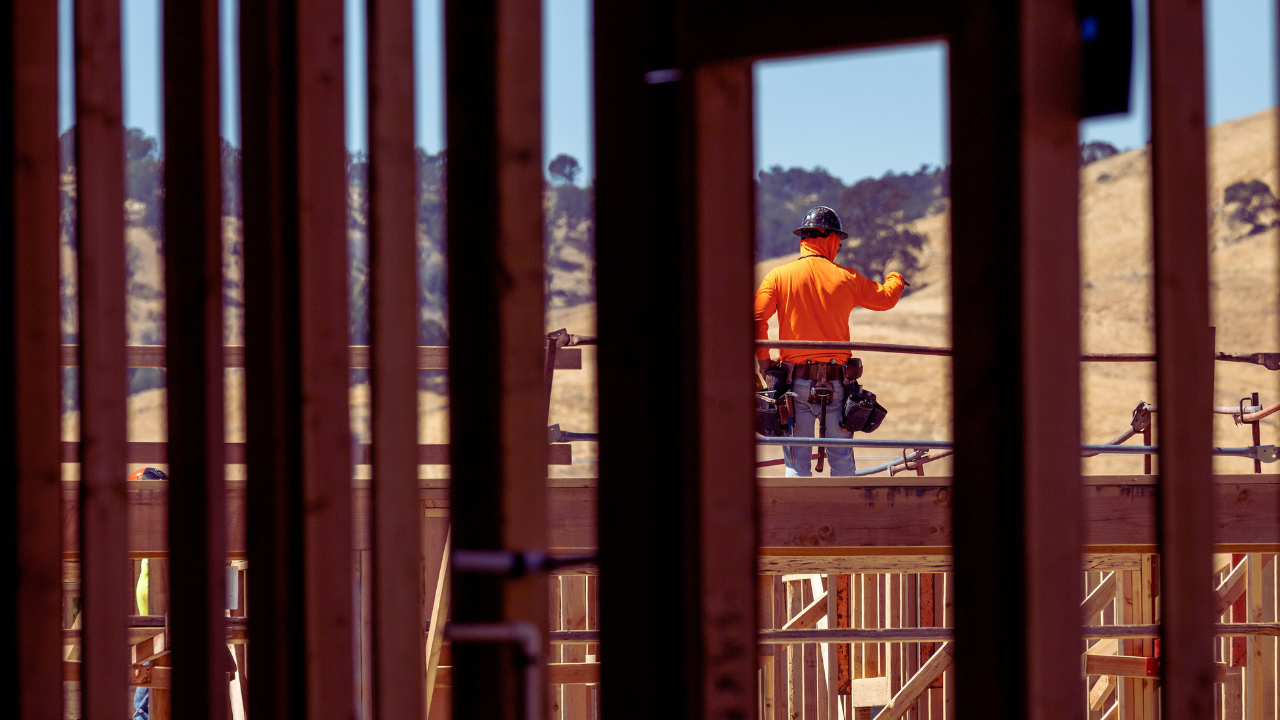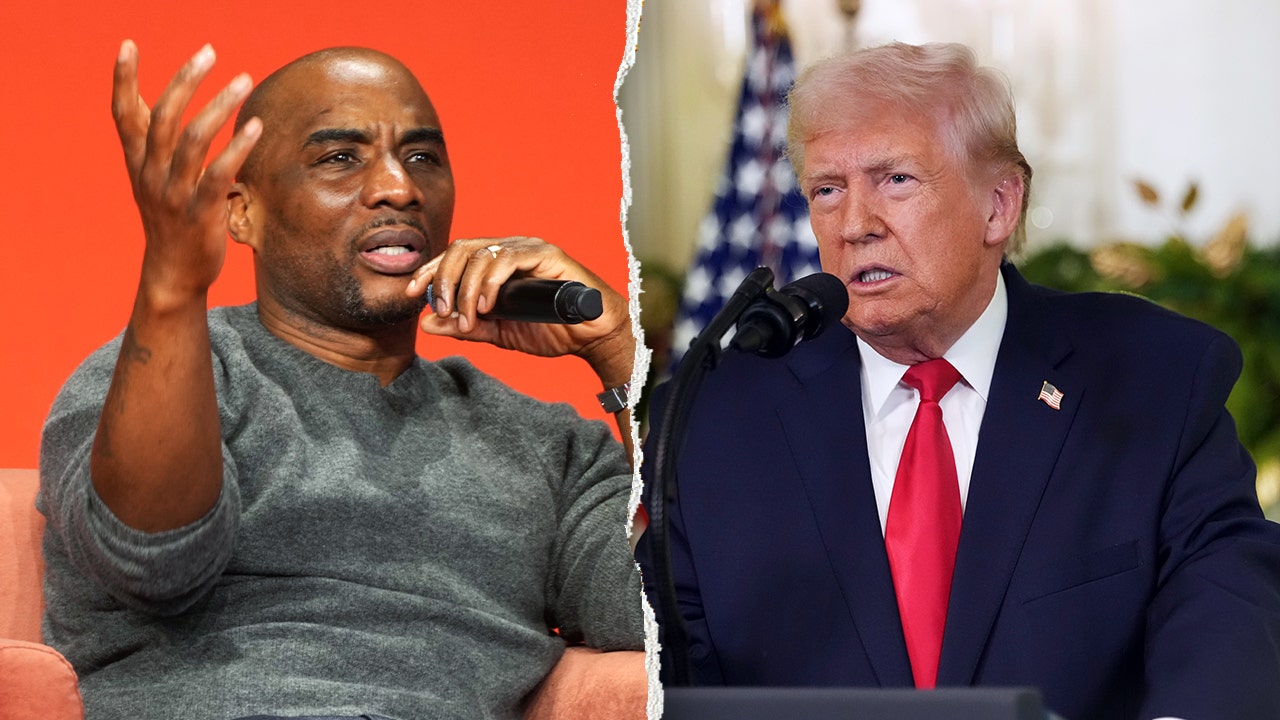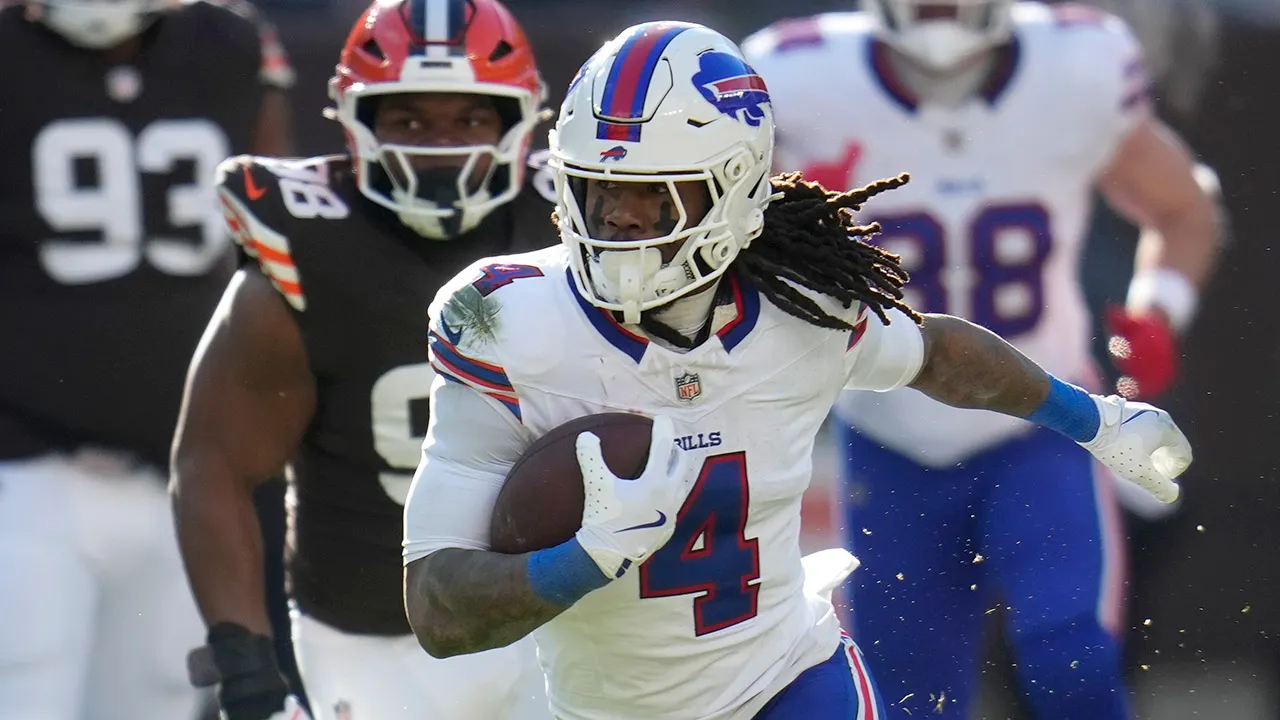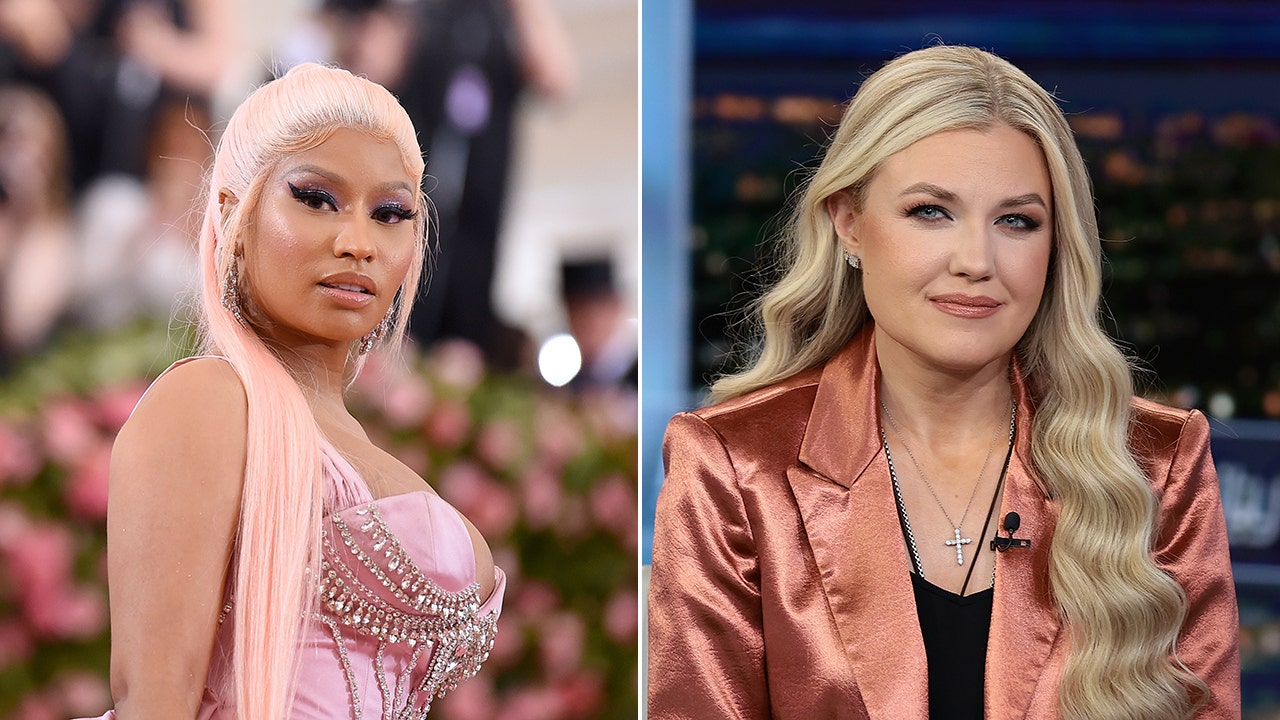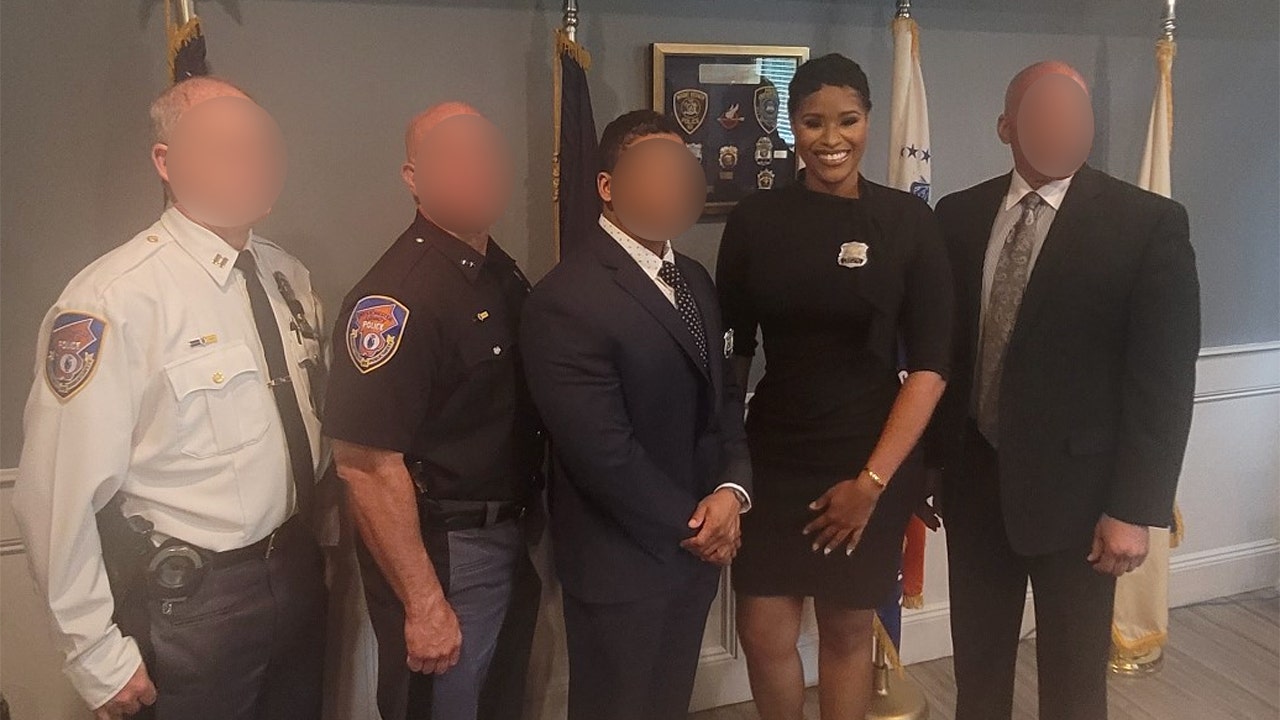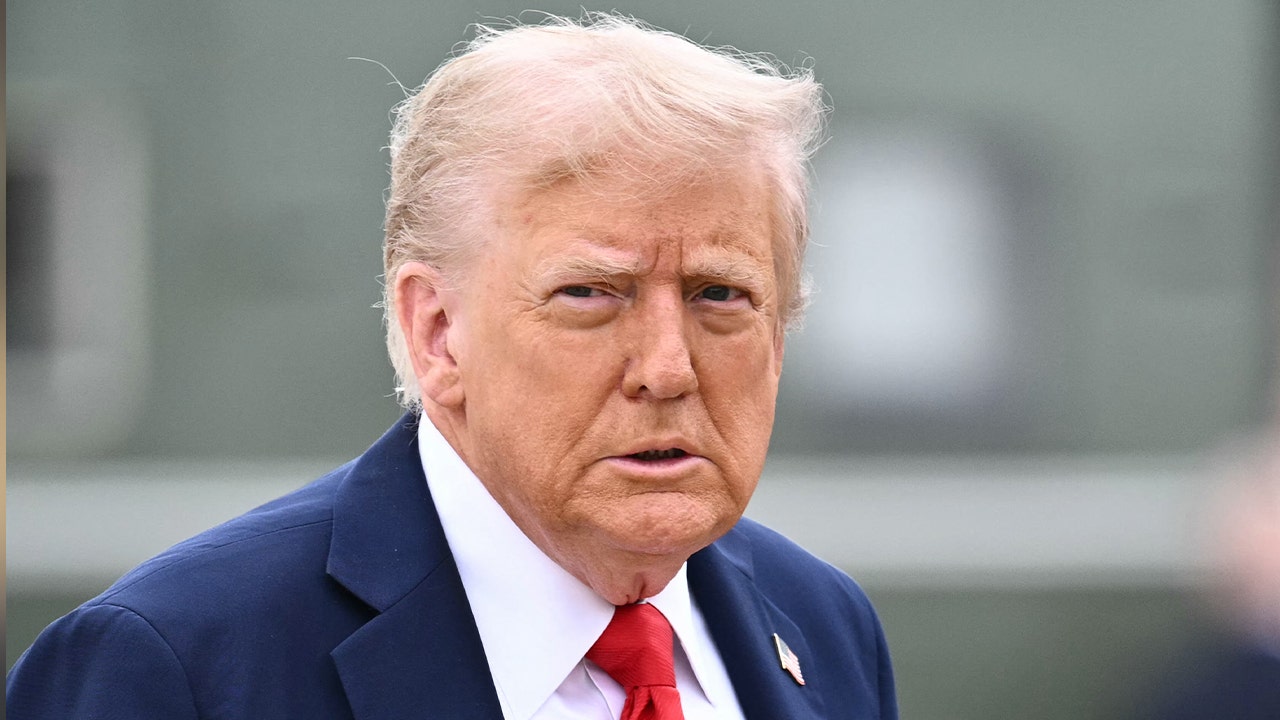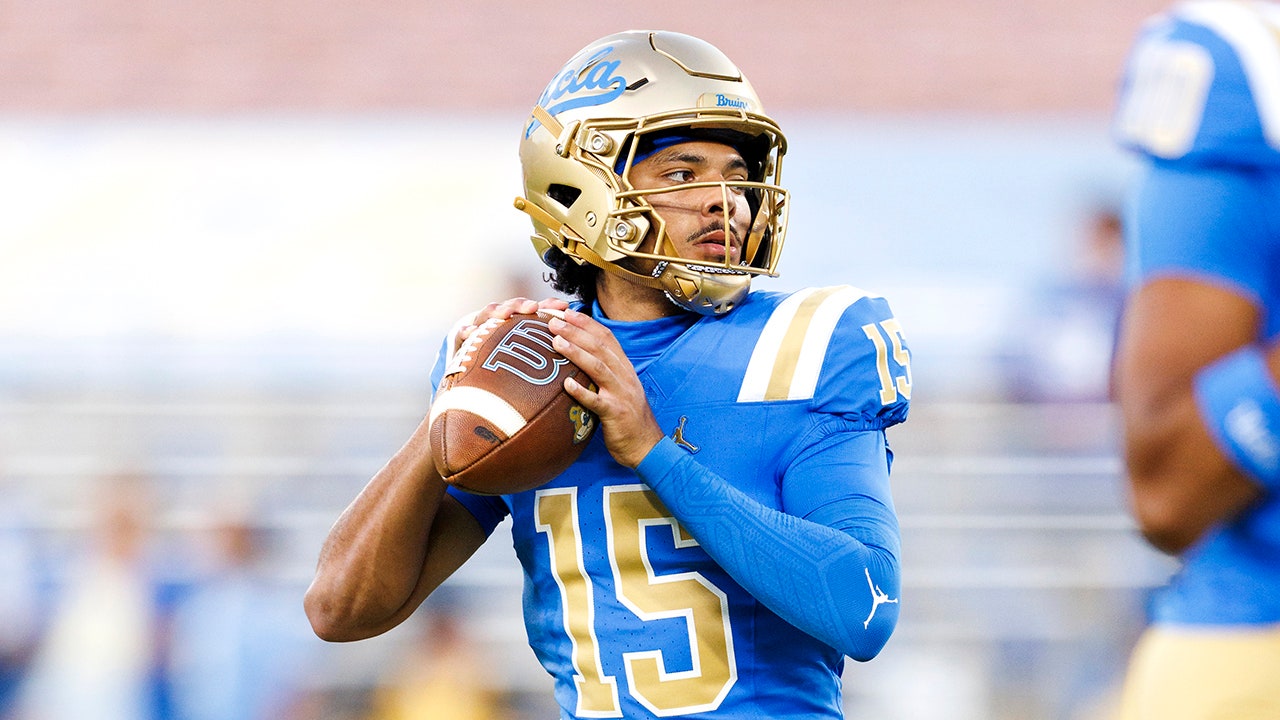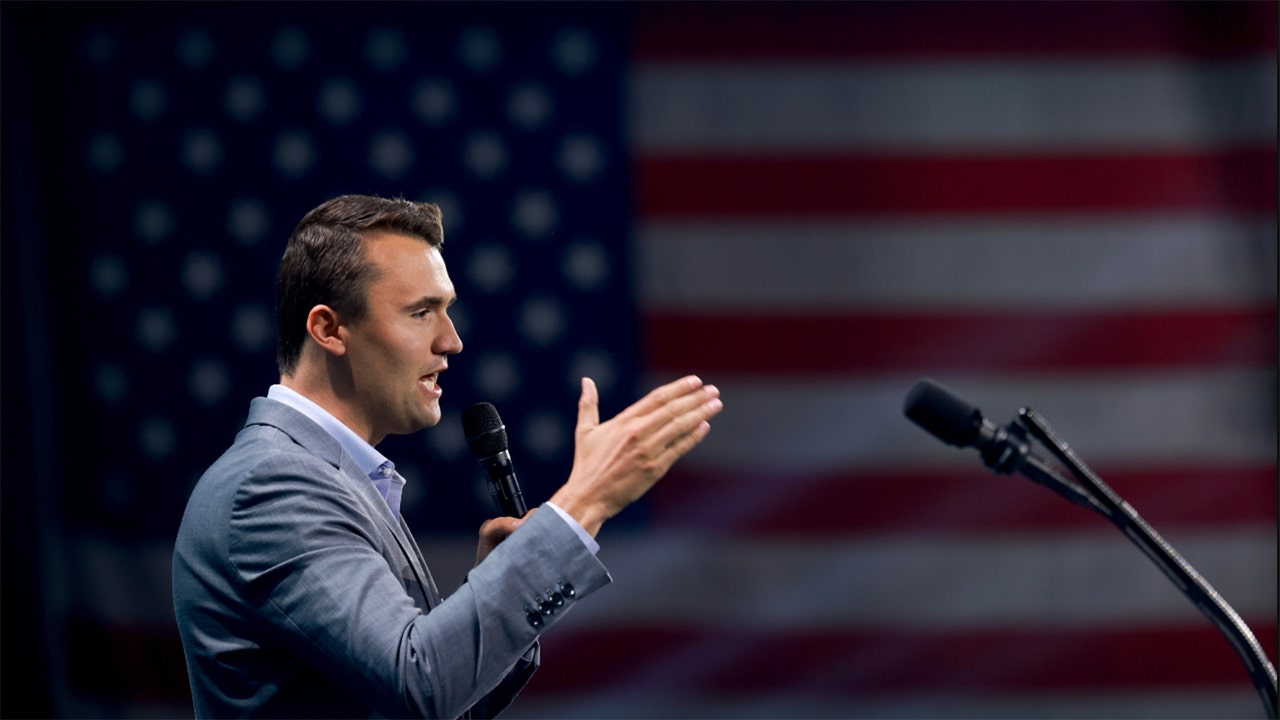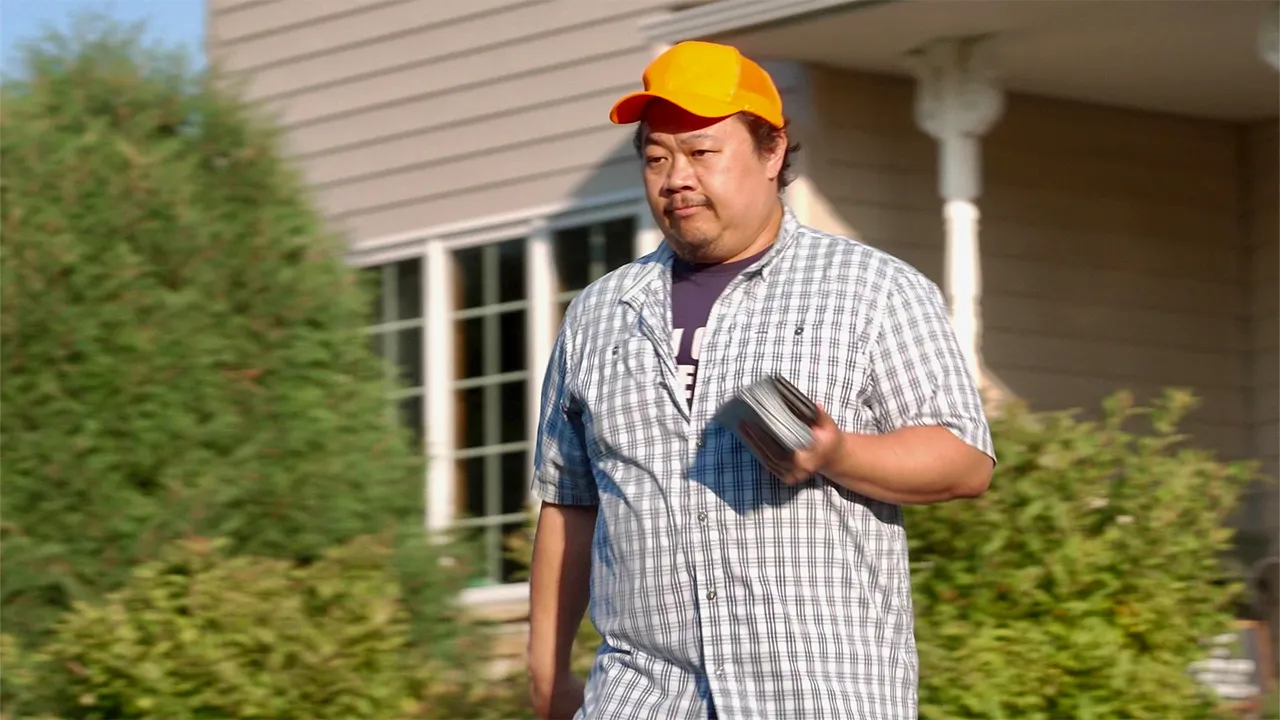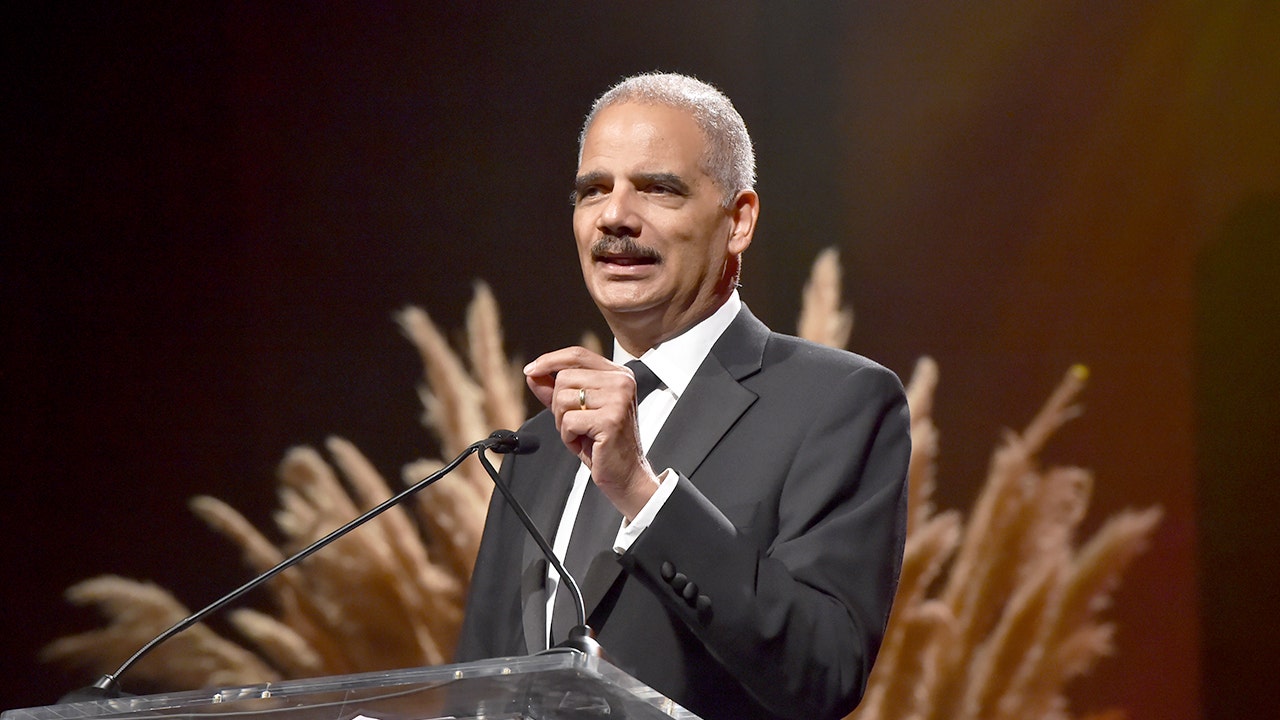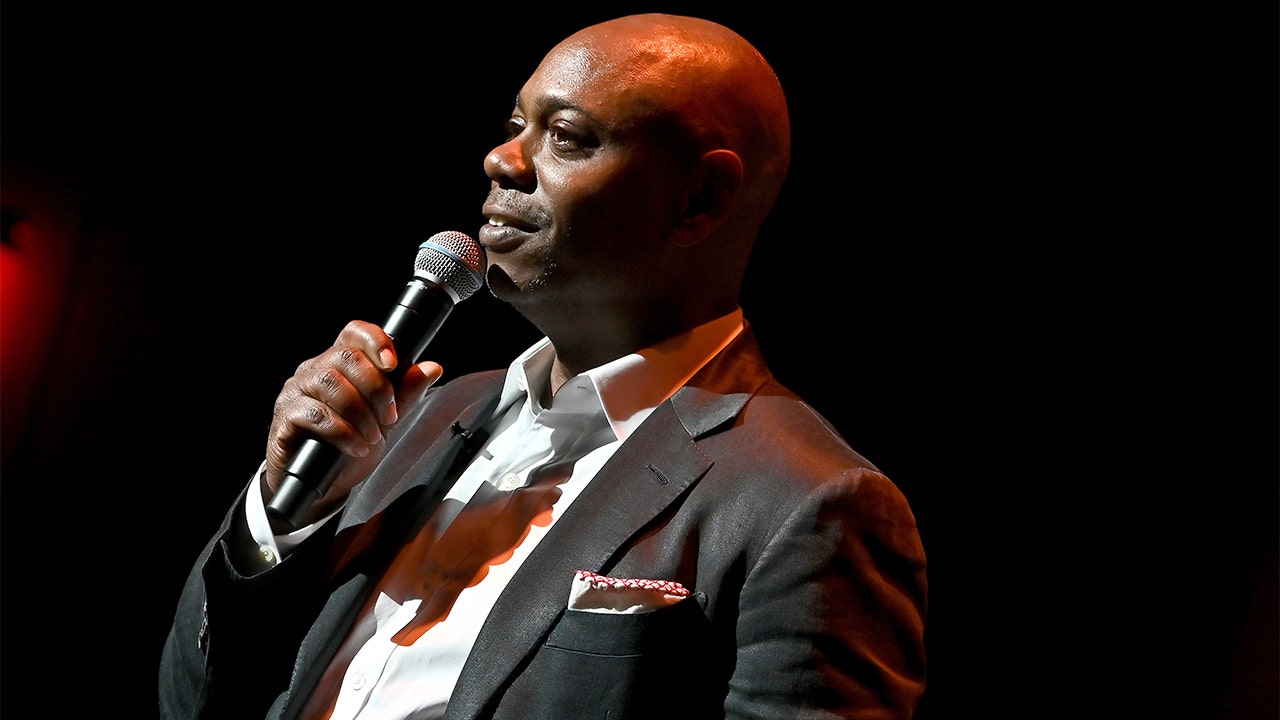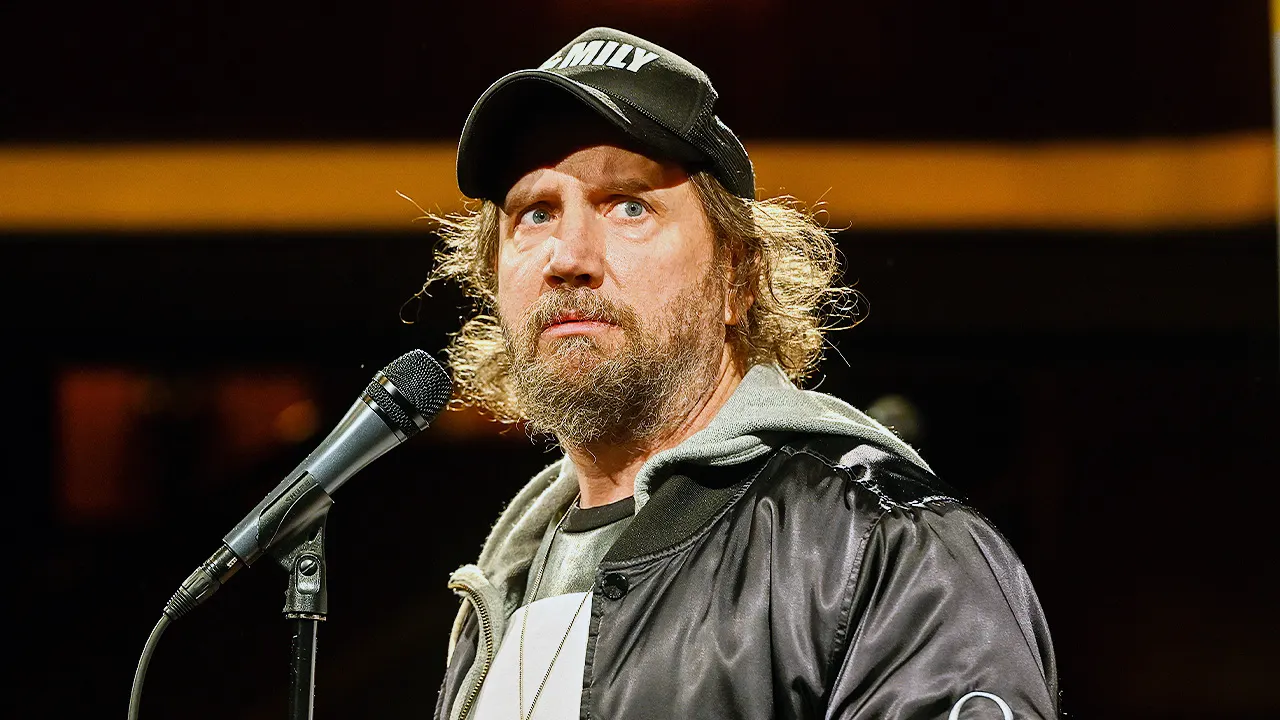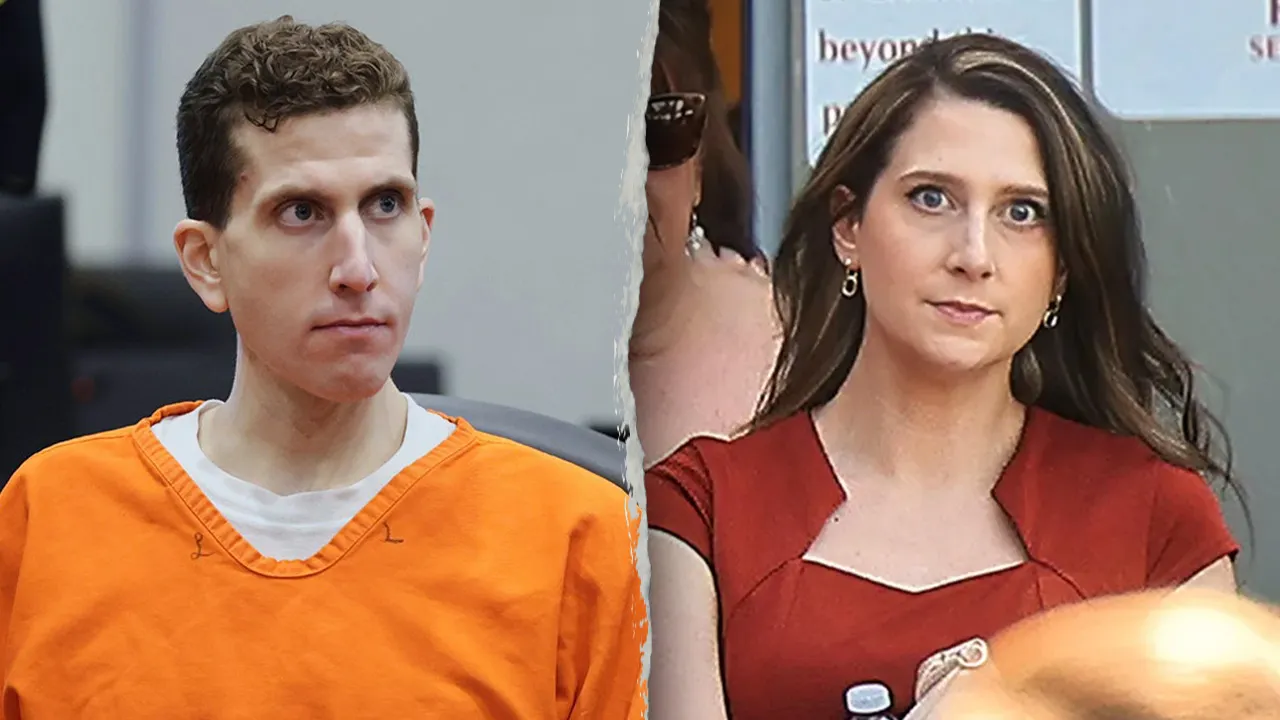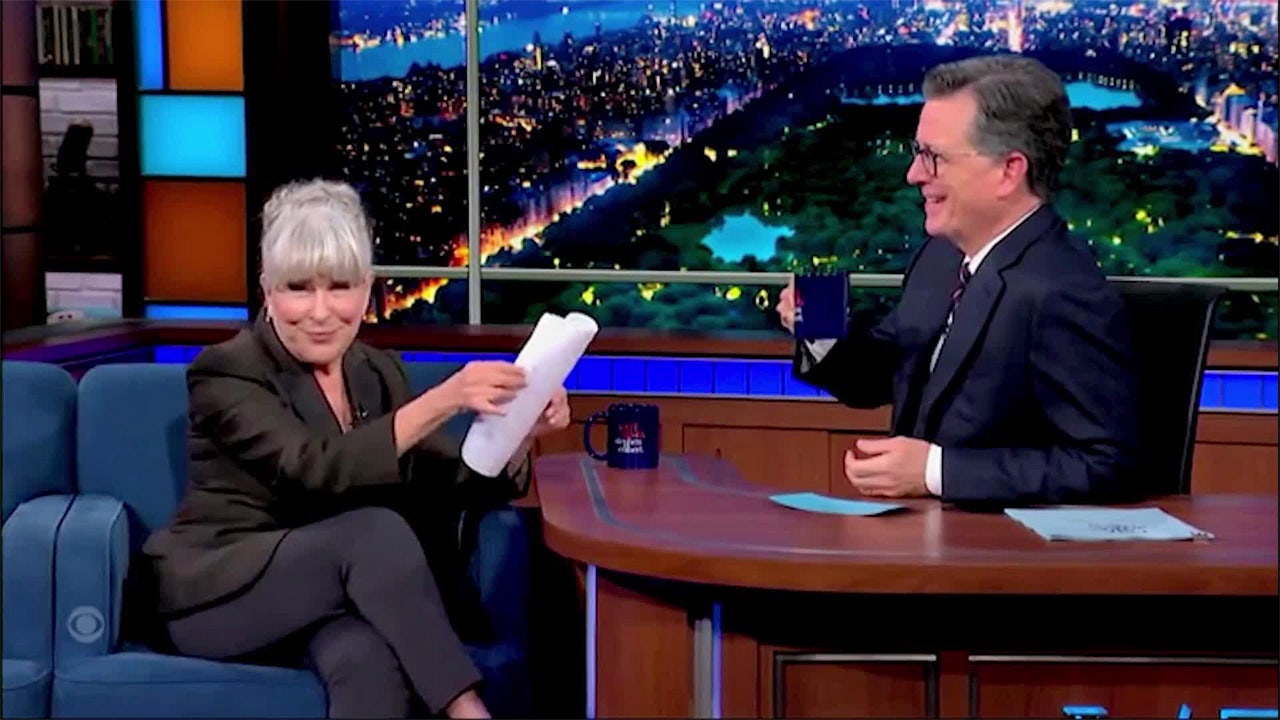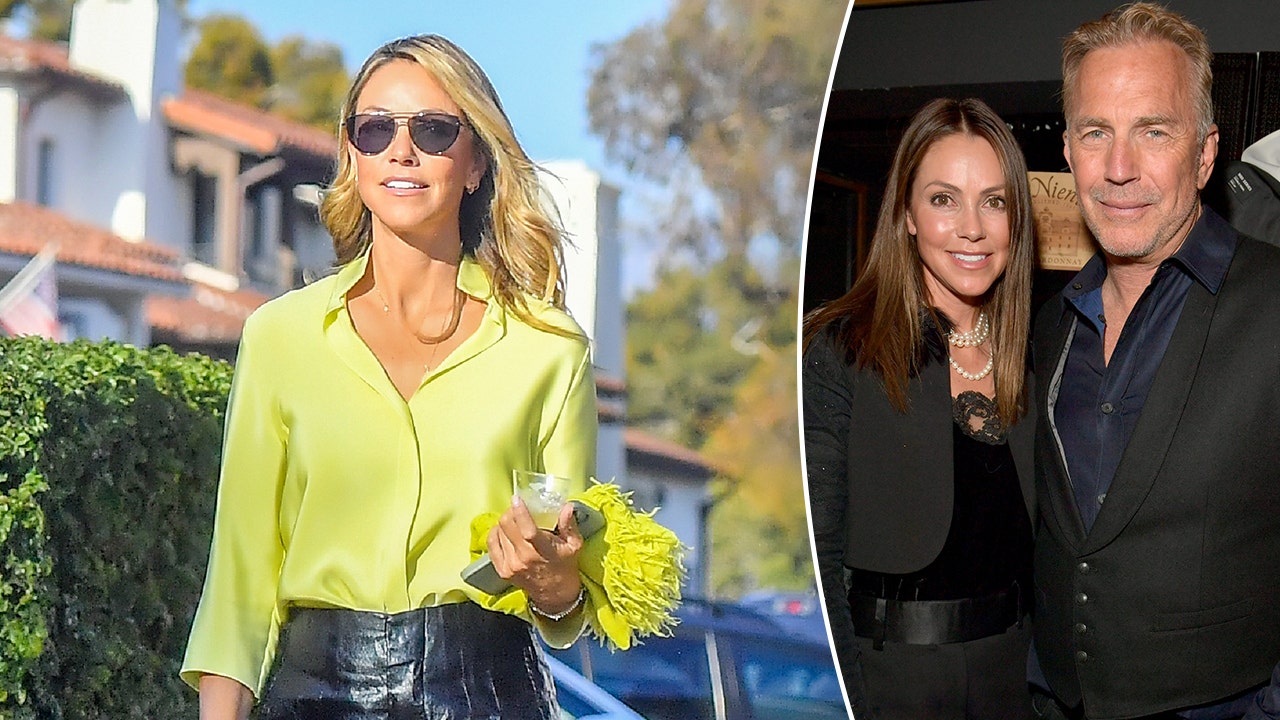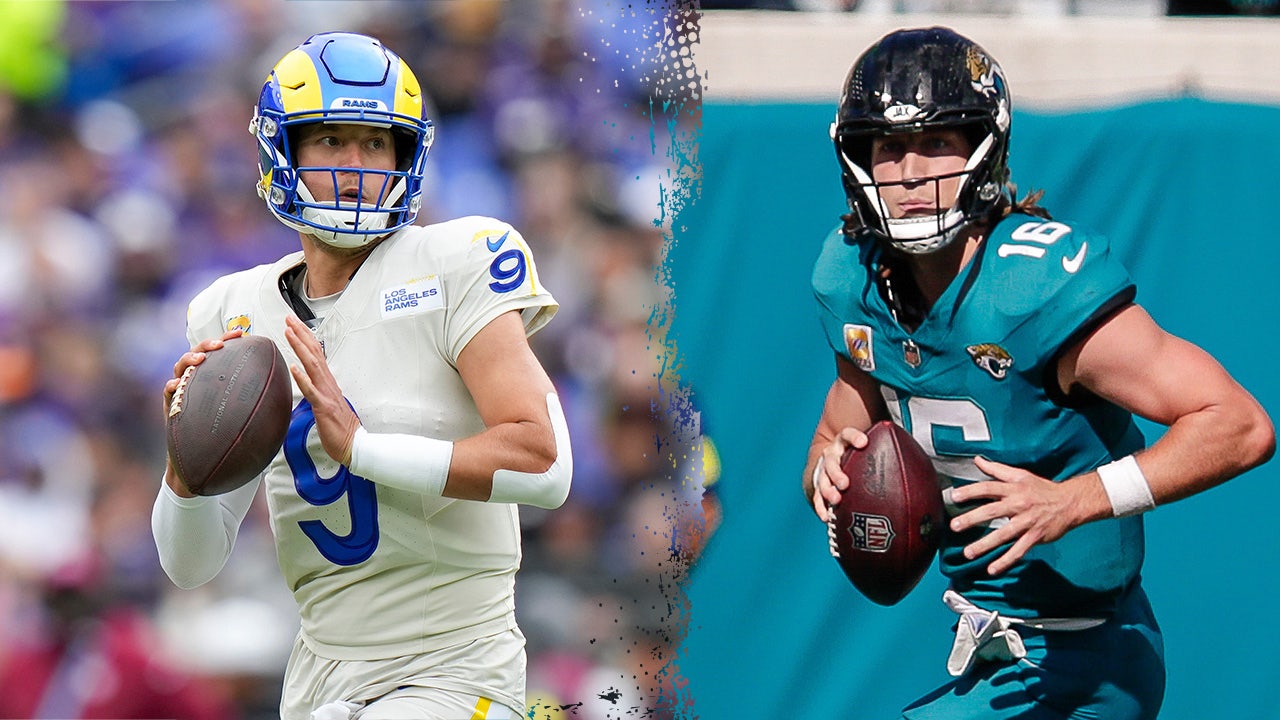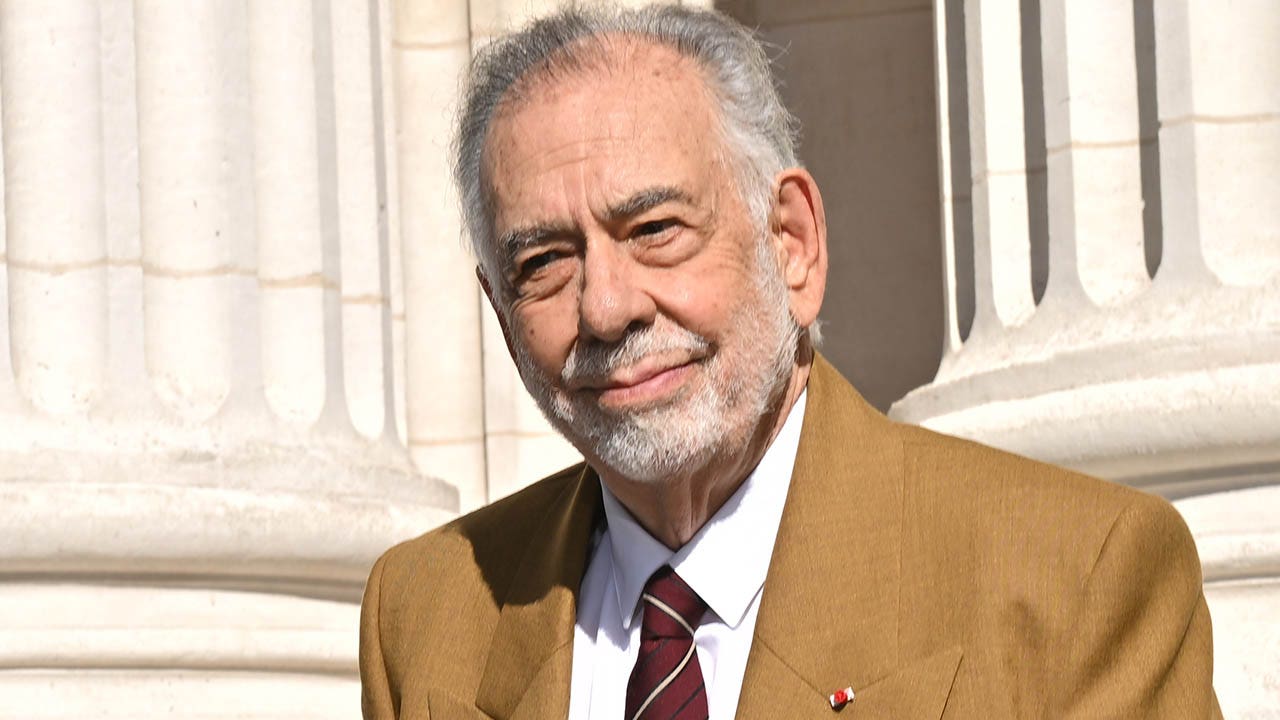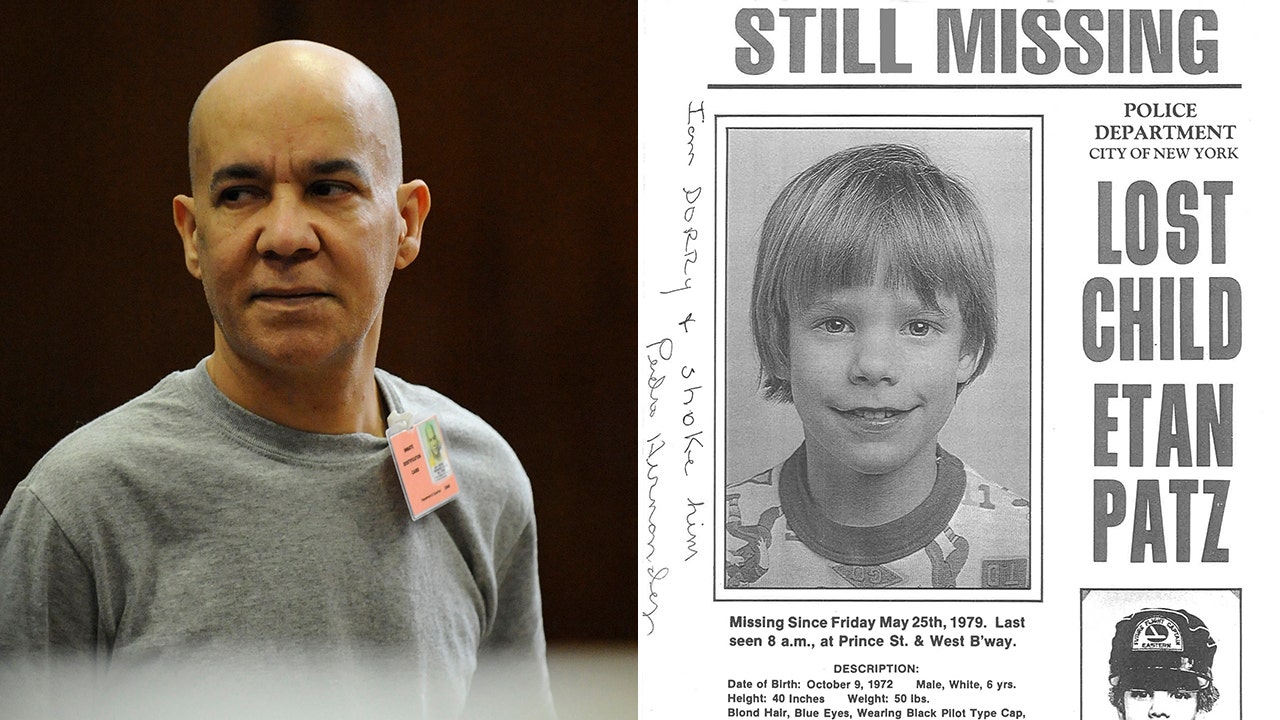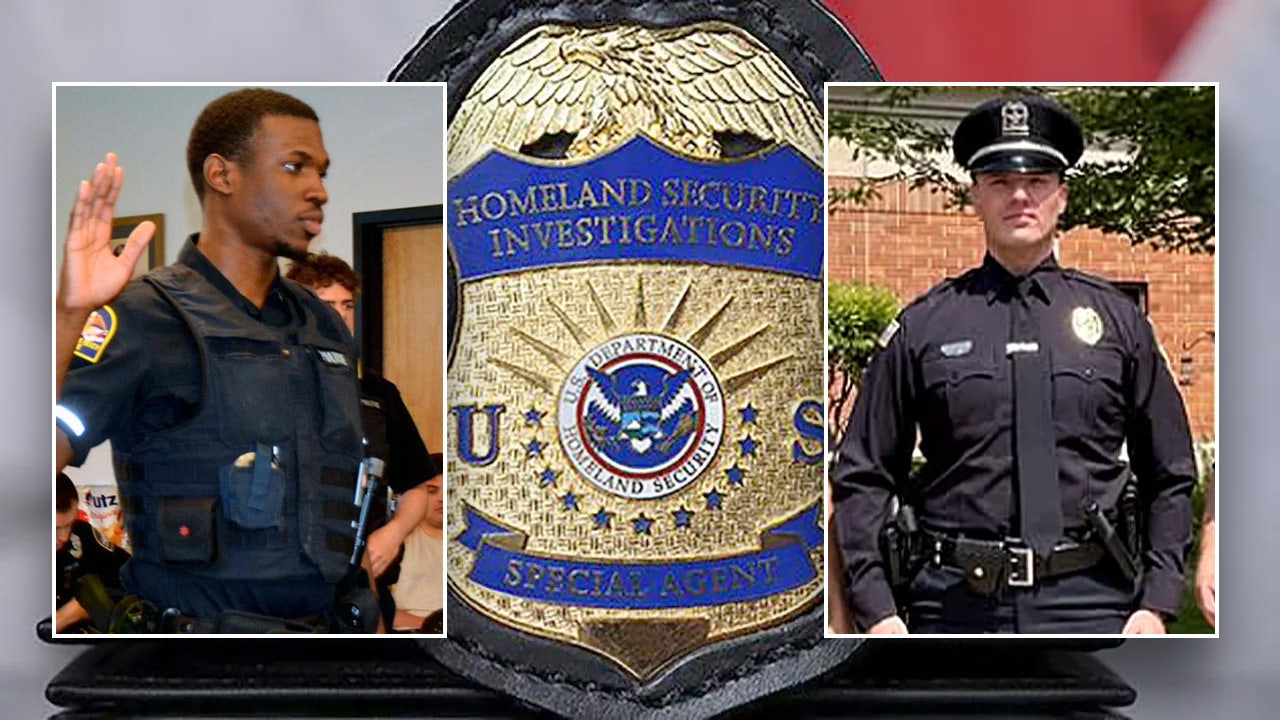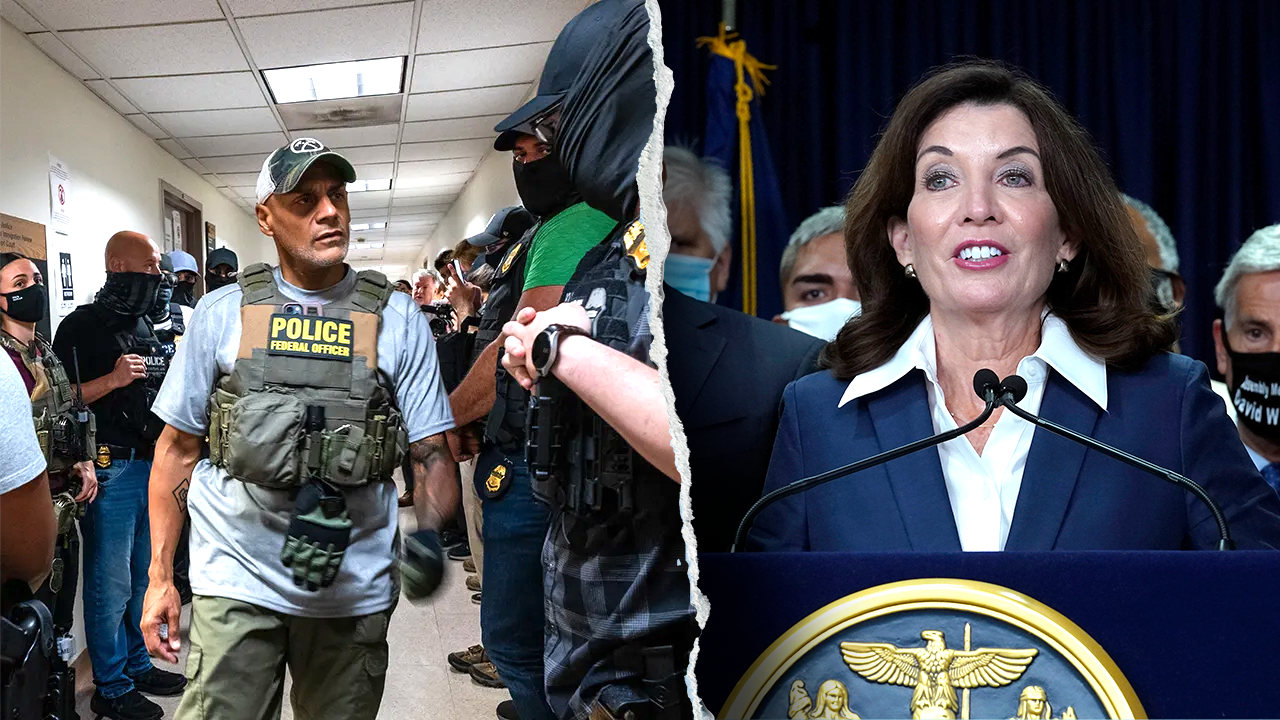NEWYou can now listen to Fox News articles!
I first met Charlie Kirk back in August 2019 in a Fox News green room and remember being struck by three distinctive qualities. First, Charlie was literally a towering figure. Now I’m 6’1" and he still had a few inches on me. Secondly, Charlie really didn’t have a good poker face. For anyone who spends time on TV or has gone through media training, one of the first lessons is to try and limit your facial reactions — especially in a debate. In Charlie’s case, if you were saying something he disagreed with, he would shake his head or roll his eyes or, in many cases, a small smirk would come across his face and you knew that he was already formulating a strong response. Sometimes if I said something he agreed with and there were actually more than a few times, he would nod instinctively or even smile. It was clear he didn’t hold back and every part of him was engaged in the debate. The third quality was that it was clear that Charlie really enjoyed what he was doing and relished the give and take.
That last quality is really what I keep returning to in the wake of Charlie’s horrific assassination on Wednesday. To see someone so young, struck down in the prime of his personal and professional life has left me and so many people in the days since, truly broken-hearted. And precisely because the manner in which he was killed — engaging in the public square, with words and dialogue, has left us all very shaken.
I didn’t set out to write this piece to highlight the places where Charlie and I agreed or to make the case that there is more that unites us as Americans than divides us, even though that’s what I truly believe. We had serious on-screen disagreements over COVID policies, immigration, education and the direction of this country, especially in the lead up to the 2020 election with Charlie passionately pressing for President Donald Trump’s re-election and my efforts to chart a new course with the Biden administration.
But the fact that we could disagree passionately without the conversation turning towards violence or intimidation is a pillar of what makes America a great nation. And yet, too often, we see these kinds of disagreements, amplified by social media, as zero-sum battles where the "enemy" must be defeated, not a fellow American to be persuaded.
This current climate has bred a level of violence and vitriol that should give us all serious pause. Political violence, whether directed against conservative speakers, progressive leaders, law enforcement, or ordinary voters simply exercising their rights, strikes at the heart of democracy. It doesn’t matter what side of the aisle one sits on — violence is always wrong and it is always destructive.
Across our Nation, there have been many warning signs. Local school board meetings that boil over into shouting matches. Members of Congress and their families facing death threats and personal attacks simply for casting votes or advocating for policies. Activists and commentators on both the right and left are being harassed and targeted online. Taken together, these aren’t isolated incidents: they are part of a broader cultural drift in which too many Americans view politics not as a debate over policy, but as a tribal battle for survival. Unfortunately, no side can claim that only the other is engaging in this type of behavior. I fear that if we allow this trend to continue, we risk normalizing violence as a form of political expression. And once that door is opened, it is very difficult to close.
Political leaders, especially those with large platforms and followings, bear a special responsibility to set the right tone. That means choosing words carefully, condemning violence unequivocally and refusing to score cheap points by stoking resentment or fear. As much as I have been heartened to see the universal condemnation of Charlie’s murder across the political spectrum, there have been many on the left posting videos or quotes from Charlie about his views on a whole host of issues as if there’s some kind of justification for what happened. I fundamentally disagreed with much of what Charlie advocated for politically, but that’s why debate and dialogue is so important.
But, this isn’t just about political leaders and media personalities. Every American has a role to play. We need to hold ourselves accountable for the way we talk about politics. Before sharing a meme or a comment, we should ask ourselves: does this contribute to the conversation or just add fuel to the fire?
CLICK HERE FOR MORE FOX NEWS OPINION
CLICK HERE TO GET THE FOX NEWS APP
We should also seek out opportunities for dialogue in our own communities. I’ve been privileged to be a part of a program called One Small Step, powered by the team at Story Corps. It’s a national effort to "bring together people with different views to record a conversation — not to debate politics — but simply to get to know each other as people." The more we remember each other’s humanity, the less likely we are to fall into cycles of hate or retreat into our political tribes.
History offers us cautionary tales. Nations and societies that normalize political violence do not stay true democracies for long. They slide into chaos and America is not immune to those forces. Our collective strength lies in our ability to argue passionately, disagree humanely and argue passionately within a framework of fundamental respect as fellow citizens. I hope we heed this call before it’s too late.
CLICK HERE TO READ MORE FROM KEVIN WALLING
Kevin Walling is a Democratic campaign strategist, former Biden 2020 campaign surrogate, vice president at HGCreative. Follow him on Twitter @KevinPWalling.

